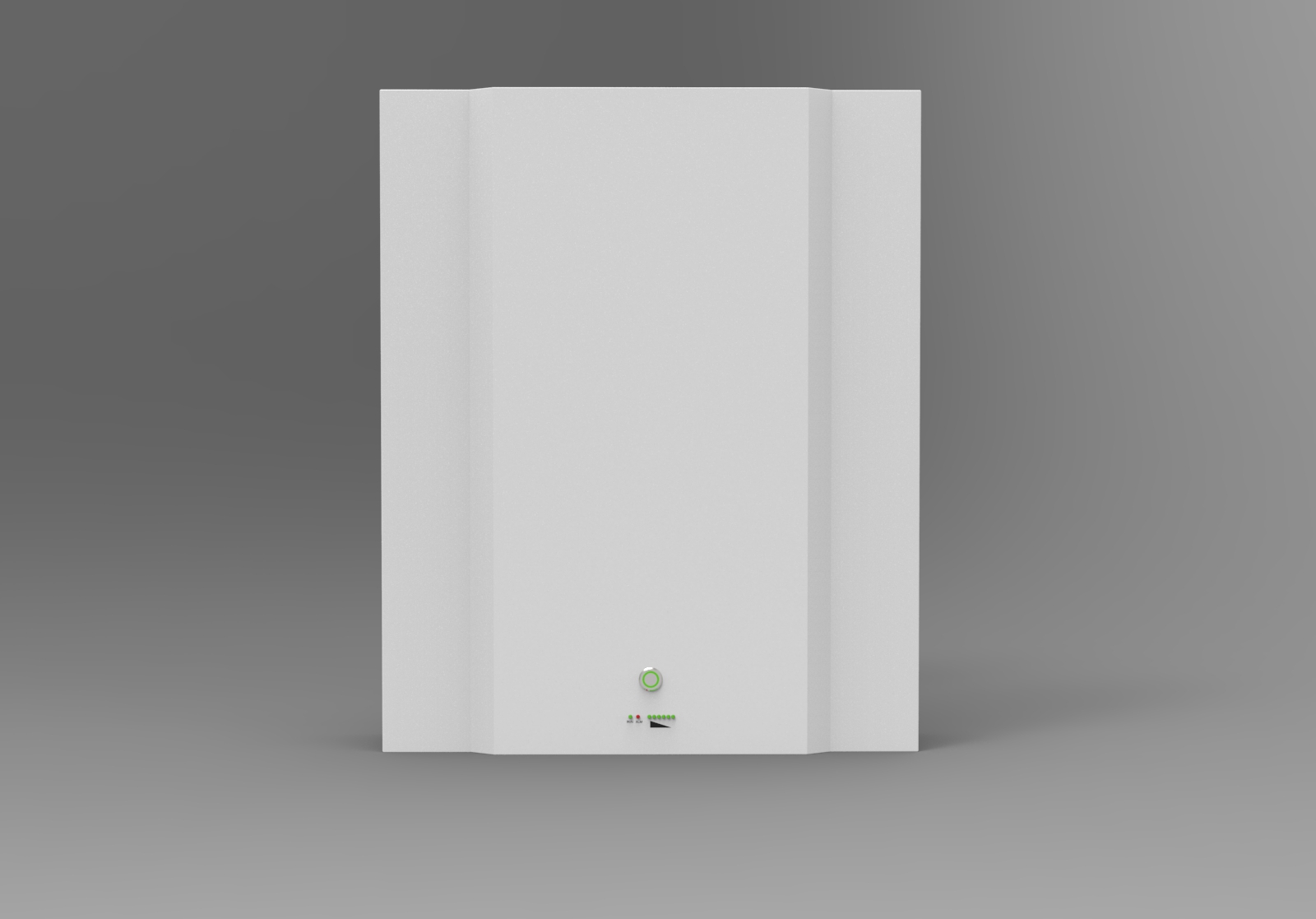Can Lithium Ion Batteries Leak? Best Practices & Guidelines
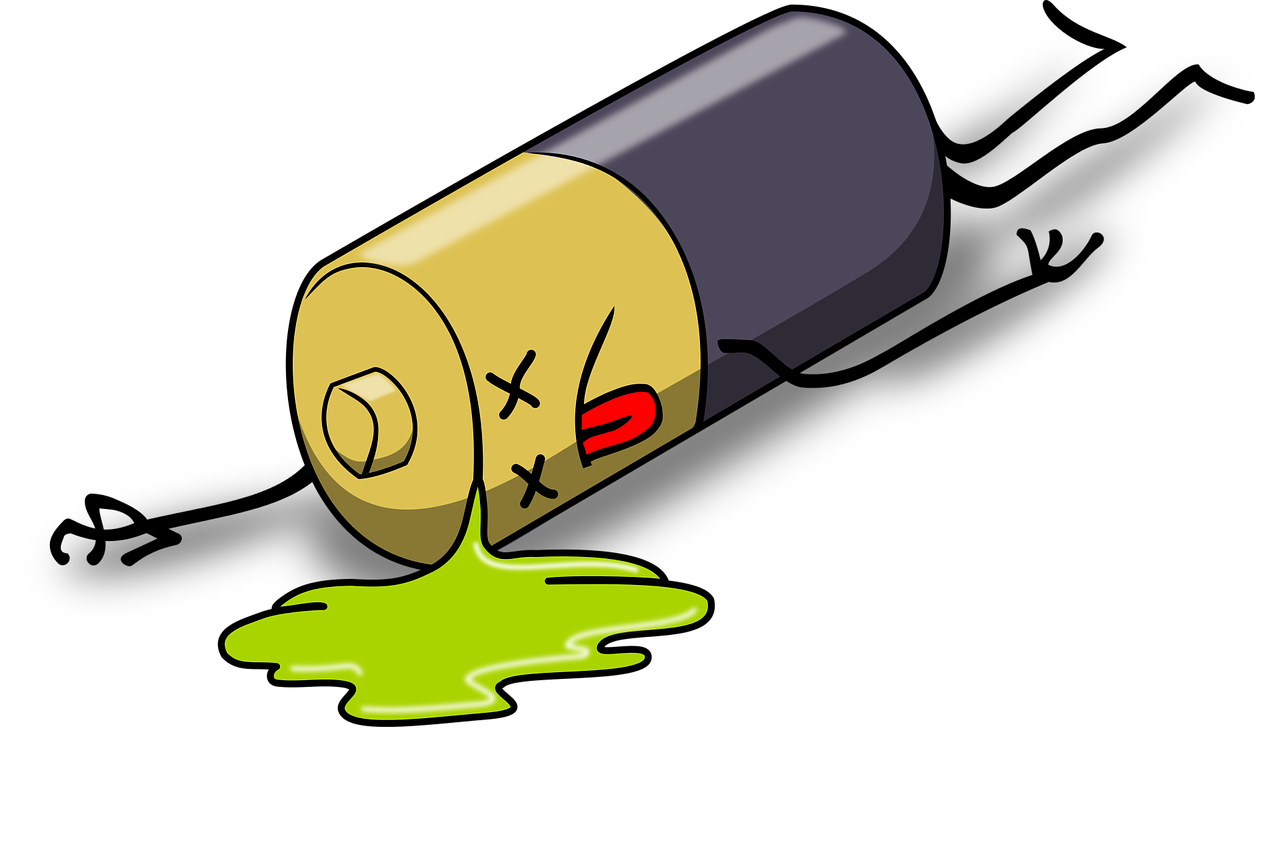
Lithium-ion batteries have become an increasingly popular power source for a wide array of everyday items, from smartphones to electric cars. It is no coincidence that the emergence of this technology has coincided with a growing appetite for technological innovation and progress across all sectors. However, while these batteries offer many benefits, they also come with some inherent risks; namely, can lithium-ion batteries leak? This article will explore this critical question in depth by examining the causes, potential consequences and ways to mitigate risk associated with leaking lithium-ion batteries.
The modern world relies heavily on lithium-ion battery technology due to its impressive energy density and affordability. Compared to alternatives such as Nickel Cadmium (NiCd) or lead acid cells, Li-Ion offers several advantages including longer life cycles and reduced weight without sacrificing performance. As the demand for devices powered by Li-Ion increases so too does the need to understand the potential dangers posed by these powerful components.
Leaking lithium ion batteries are potentially hazardous and should not be taken lightly as it can cause severe damage if left unchecked. In order to properly address this issue, one must first consider what factors could contribute to leakage before discussing how best to prevent them from occurring in the future. To do this effectively requires an understanding of both how these batteries work and what conditions might lead to failure or instability.
Can Lithium ion Batteries Leak?
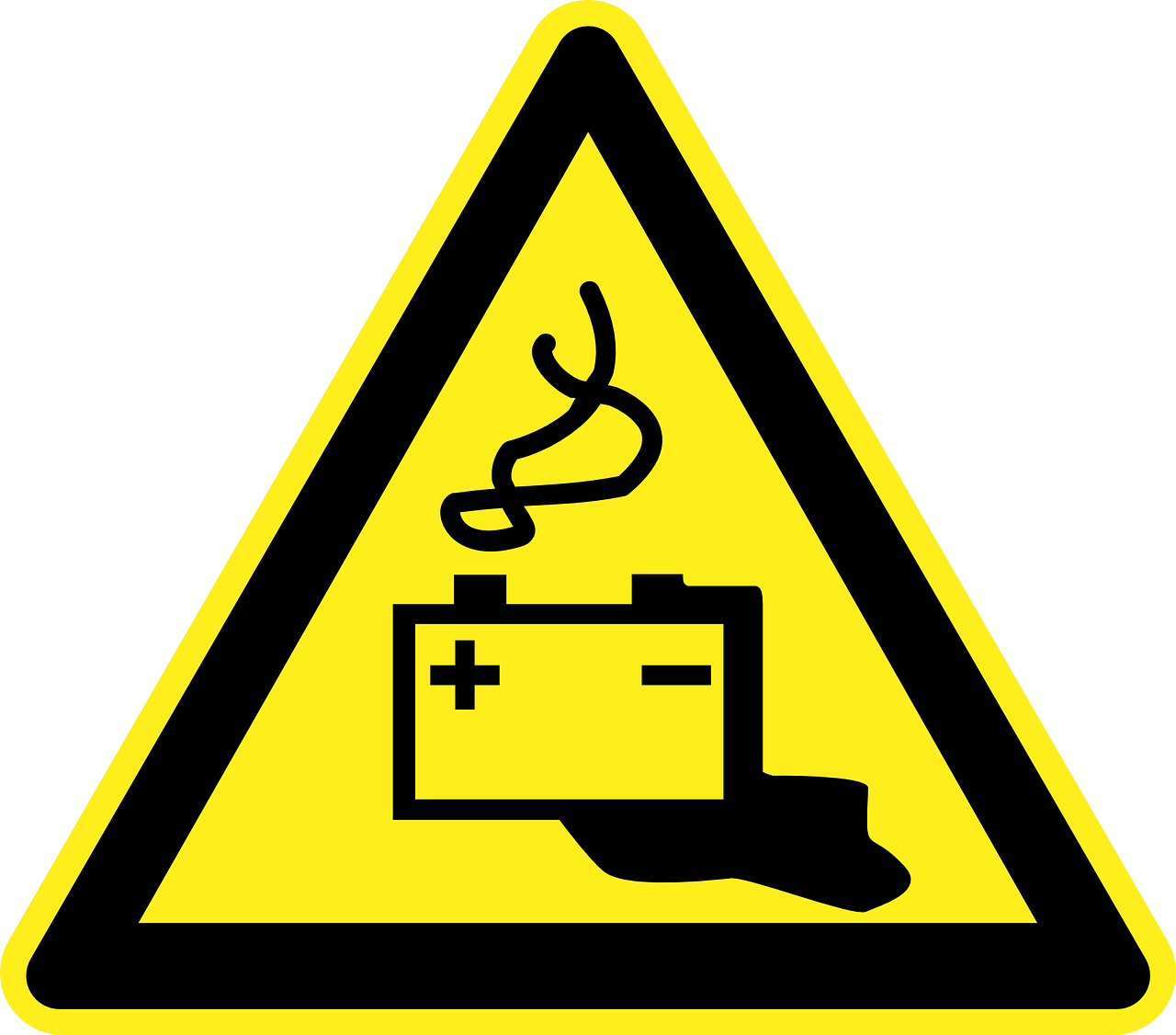
Lithium ion batteries are highly efficient energy storage devices, and they have revolutionized industry in many ways. It is important to understand the potential risks associated with these batteries, including their propensity for leaking. Leaking of a battery can be caused by several factors, such as overcharging or prolonged use at high temperatures. When lithium ions escape from the cells, they may cause damage to surrounding objects or people.
The good news is that modern lithium-ion batteries are designed with safety features that help reduce the chance of leakage occurring. These include temperature sensors that cut off charging if it reaches an unsafe level and pressure valves that act as a release mechanism should too much gas build up inside the cell. Additionally, manufacturers typically provide warning labels on products containing lithium-ion batteries informing users about proper usage and cautioning against overcharging or exposing them to excessive heat. By following these guidelines, the risk of leaking can be greatly reduced.
The Impact Of Lithium Battery Leakage On The Environment

Lithium ion batteries are a major source of power for many everyday products, but their use can also have consequences. When lithium-ion batteries leak, they cause environmental damage and health risks due to the release of hazardous chemicals such as cobalt and manganese.
The leakage of these toxic substances into the air, water, or soil can contaminate land and create an ecological hazard in areas where battery waste is disposed of. In addition to environmental concerns, exposure to leaked lithium ion battery components has been linked to various adverse health effects including cancer and respiratory illnesses. As a result, it is important that steps be taken to prevent the leakage of these materials from occurring in the first place.
To this end, manufacturers must ensure that their products meet safety standards by using quality control measures during production and storage. Additionally, consumers should take proper care when handling lithium-ion batteries and dispose of them properly so that any potential contamination can be minimized. By taking appropriate precautions we can reduce the risk posed by leaking lithium-ion batteries while still being able to benefit from their advantages.
Common Causes Of Lithium Battery Leakage
(1) Overcharging
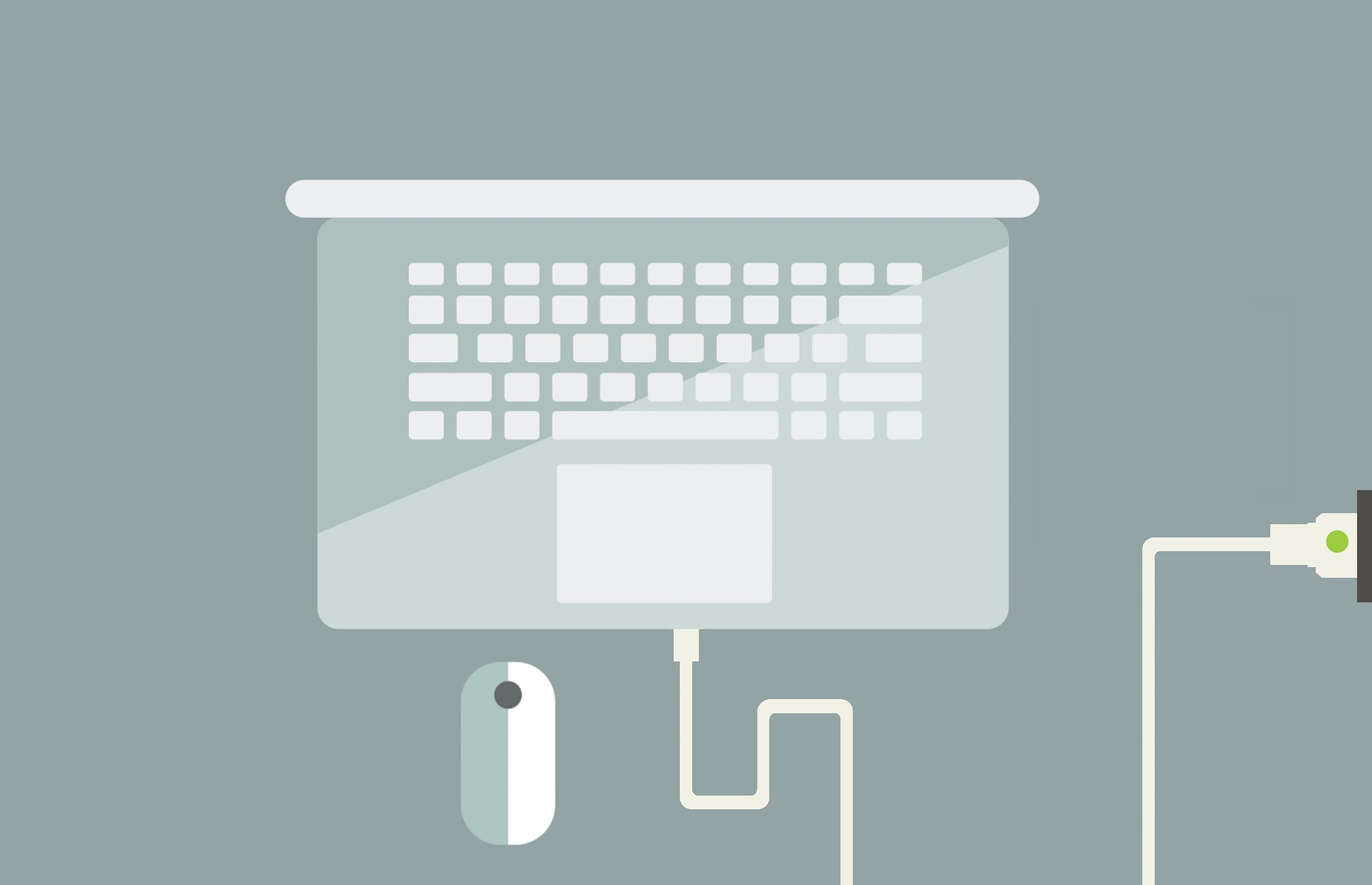
Overcharging is one of the most common causes of lithium battery leakage. It occurs when a battery is charged beyond its maximum voltage capacity, resulting in an increase in heat and pressure which leads to electrolyte evaporation from the cells. When this happens, it can cause permanent damage to the cells as well as increased risk for fires or explosions due to overheating. Prolonged overcharging also has the potential to reduce battery life drastically by reducing overall energy output and shortening charging cycles. Therefore, proper charging techniques must be used with all lithium batteries to ensure optimal performance and longevity.
By using smart chargers that automatically stop once they reach their designated charge levels, users can avoid the risks associated with overcharging while still ensuring that their batteries remain at peak efficiency. Additionally, regular maintenance of batteries should be conducted according to manufacturer's instructions including checking cell voltages regularly and cleaning terminals if necessary. By following these simple steps, users can help protect themselves against any potential dangers caused by overcharging their lithium-ion batteries.
(2) Physical Damage
Physical damage is another common cause of lithium battery leakage. This type of damage can occur due to mishandling, drops or impacts, manufacturing defects and other causes. When a device containing a lithium ion battery has been subject to physical damage, the internal cells may suffer permanent deformations that cause electrical shorts leading to thermal runaway and ultimately resulting in leakage. Consequently, it is important for users to handle their devices with care.
In addition, manufacturers should adhere strictly to quality control standards when designing and producing products with built-in lithium batteries as even minor design flaws can lead to potential failure modes such as short-circuiting or improper cell connections that could also result in leakage. It is therefore critical for companies involved with lithium batteries to ensure they have rigorous safety protocols in place during the production and testing stages.
(3) Manufacturing Defects
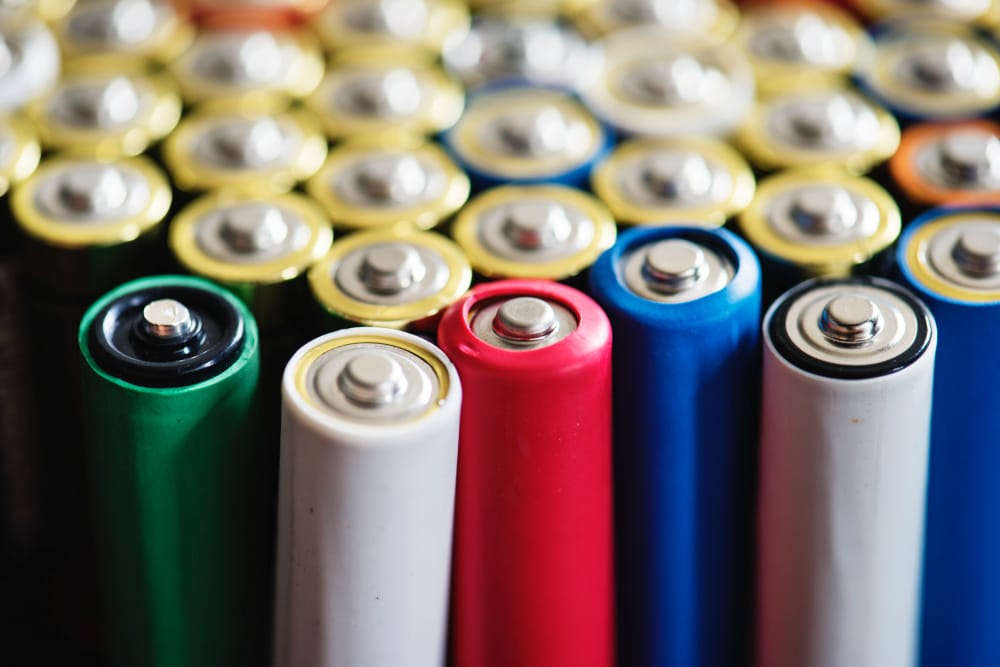
Lithium ion batteries are vulnerable to leakage due to a number of manufacturing defects, for example:
- Poor quality control in the production process may result in the introduction of contaminants, resulting in battery failure and potential leakage.
- Contamination can also occur during assembly or by mishandling of components.
- Incorrect electrode placement within the cells can cause short circuits that generate heat and pressure which can lead to leaks.
- Poor sealing on the cell casing caused by inadequate tolerances between components or improper sealant application can allow moisture ingress into the battery, damaging internal components and leading to electrolyte leakage.
- Inferior materials such as non-compatible plastics for housing, seals, or gaskets are another common defect that increases the risk of lithium battery failure and potential leakage.
It is therefore essential when producing lithium ion batteries that rigorous quality assurance measures be implemented throughout all stages of manufacture and assembly; from sourcing raw materials to final product testing. This ensures consistency across each stage of production and minimizes the chances of defective products entering circulation with potentially disastrous consequences for both manufacturer and consumer alike.
(4) High Temperature Damage
High-temperature damage is a major contributor to lithium battery leakage. When exposed to high temperatures, the materials used in lithium ion batteries are prone to degradation and eventual failure. This includes electrolyte decomposition, which can lead to thermal runaway and cause dangerous gases or liquids to be released from the battery. Additionally, when lithium cells become overheated due to prolonged exposure, they may swell up and eventually rupture as well.
As such, it is important for manufacturers of lithium ion batteries to take appropriate safety measures in terms of storage conditions, charging protocols and other precautions during use to prevent heat-related issues that could potentially lead to catastrophic results. To further protect against this issue, external heat sinks should be employed wherever possible on any devices containing these types of batteries.
(5) Long-Term Storage

In the United States, it is estimated that over 95% of lithium ion batteries will suffer some degree of leakage if stored for longer than one year. Long-term storage can cause lithium batteries to leak due to various factors such as electrochemistry changes and environmental conditions.
The most common reason for long-term battery leakage is an imbalance in the cell’s concentration gradient. This occurs when there are different concentrations of ions on either side of a membrane or wall within the battery. Over time, this difference can create a pressure differential across the two sides leading to electrolyte leaking from the battery cells. Furthermore, exposure to high temperatures can accelerate these reactions causing further degradation of performance and increased risk of leakage. To prevent this kind of damage, manufacturers recommend storing lithium ion batteries at temperatures no higher than 25°C (77°F). Additionally, when left uncharged for extended periods of time certain materials inside the cell may decompose producing gases that increase internal pressure causing leaks.
Potential Hazards Of Lithium Battery Leakage
The potential hazards of lithium battery leakage can be significant and should not be taken lightly. Lithium ion batteries contain a wide range of hazardous materials, including cobalt oxide, manganese dioxide, nickel hydroxide, and other chemicals that are potentially toxic if exposed to humans or the environment. So these batteries can become a hazard when they leak or malfunction. Here are some of the hazards of lithium battery leakage.
| Hazard | Reason |
|---|---|
| Burn and Explode | When a lithium battery leaks, the electrolyte can corrode the device it is powering, damaging the internal components and potentially rendering it unusable. |
| Equipment Damage | When a lithium battery leaks, the electrolyte can corrode the device it is powering, damaging the internal components and potentially rendering it unusable. |
| Health Risk | Lithium battery leakage can release toxic fumes that can cause respiratory problems, skin irritation, and other health issues. Ingesting the electrolyte can also be extremely dangerous and potentially fatal. |
| Environmental Risk | Improperly disposed of lithium batteries can release harmful chemicals into the environment, causing soil and water pollution. |
| Short Circuit | When a lithium battery leaks, it can create a short circuit, which can cause the battery to overheat and potentially catch fire. |
It is therefore important for users to take precautions when using lithium ion batteries and ensure proper storage conditions according to manufacturer instructions. Regular maintenance checks, such as inspecting cell connections for signs of corrosion, checking terminals for loose connections, testing voltage levels with a meter, etc., are also recommended to reduce the chances of a leak occurring. Additionally, it is wise to always use protective gear such as gloves when handling lithium ion batteries in order to minimize contact exposure in case of an unexpected leak.
How To Avoid Lithium Battery Leakage?
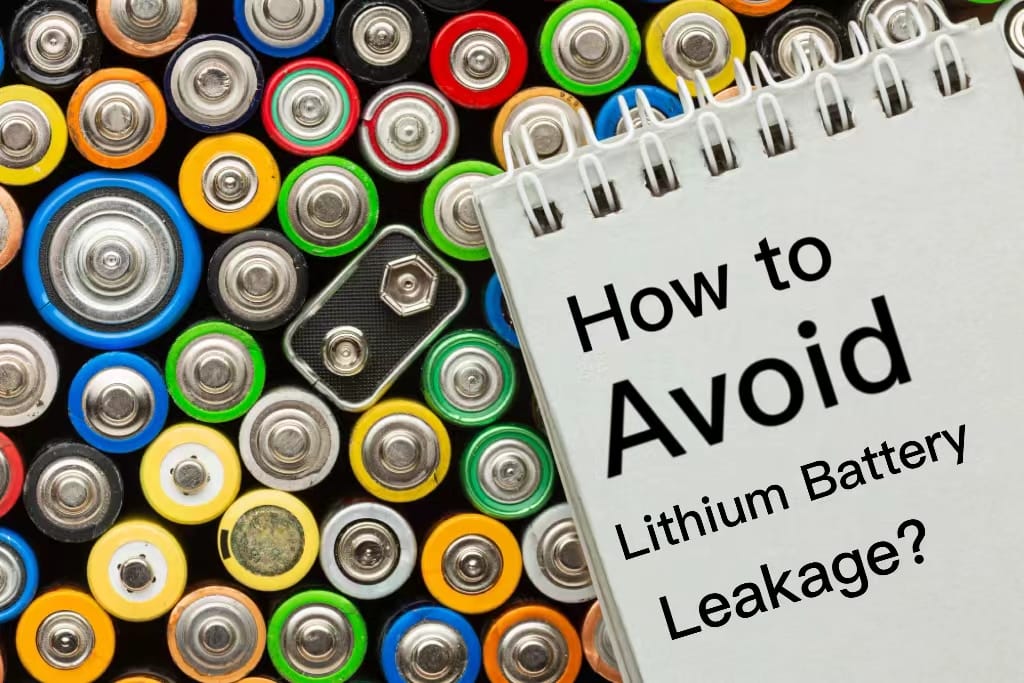
Preventing leakage of lithium ion batteries is paramount for ensuring product safety and longevity. To minimize the risk of battery failure, it is important to adhere to a few simple steps.
First, it is crucial to maintain optimum temperature levels when storing and using lithium ion batteries. Keeping temperatures between 15-25 degrees Celsius will ensure that all components remain in good condition and do not become unstable. Additionally, proper storage conditions should be met which includes keeping the environment dry and away from sources of heat or moisture.
Second, the use of protective cases and covers can help protect against potential damage caused by outside elements such as dust particles or water seepage. This helps increase overall durability while also preventing any foreign objects from entering the device’s sensitive internal parts such as its circuits or contacts. Furthermore, regular maintenance checks should be conducted on both external and internal components regularly to ensure their continued functionality.
Finally, users must always take into account the manufacturer's recommended charging guidelines before recharging their devices so as to avoid overcharging them which could potentially lead to cell rupture or leakage. By adhering to these key points, users can enjoy safe and efficient usage of their lithium ion batteries for many years to come.
What To Do With A Leaking Lithium Battery?
Leaking lithium batteries can be a dangerous and potentially hazardous situation. Therefore, it is important to know what steps should be taken when dealing with a leaking battery. The following are the recommended steps to address a leaking lithium ion battery:
- The first step is to safely remove the device containing the leaking battery from its power source, such as an outlet or USB port. If possible, this should also be done in an area that is well-ventilated. Once removed from its power source, unplug any cables attached to the device and place them away from flammable material or liquids such as gasoline or water.
- Next, carefully inspect the affected areas of the battery for visible signs of damage, including swelling or corrosion on the exterior casing. It may also be necessary to take extra precautionary measures if there is any evidence of acid leakage due to further corrosion inside the device.
- If there is no visible sign of damage on the outside of the battery but you suspect internal leakage, then it is best to replace it with a new one immediately. When replacing your old battery with a new one, make sure that all safety precautions have been taken into account before installing it in your device. This includes wearing protective gloves while handling and disposing of your old battery correctly so as not to risk contamination or injury.
Additionally, check with your manufacturer's guidelines regarding safe disposal methods for damaged lithium ion batteries and follow those instructions accordingly.
How To Distinguish Whether The Lithium Battery Is Leaking?
Identifying a leaking lithium-ion battery is essential for safety and proper function. Distinguishing between an operating battery and one that is failing due to leakage can be done through visual inspection, testing the electrical properties of the cell, or checking the voltage levels with a multimeter.
| Recognition methods | Test items |
|---|---|
| Visual Inspection | Looking at the exterior of the battery for signs of corrosion, damage, deformity, bulging, swelling or leaks; if any are present it is likely that there has been some degree of leakage from within. |
| Testing the electrical properties | Requires measuring its internal resistance by applying a current/voltage cycle across two electrodes; higher than normal readings would indicate possible leakage as well. |
| Measure the voltage level | Using the multimeter to test the voltage will help determine whether or not the cell’s capacity has been affected by leakage - lower-than-expected voltage readings could point toward this problem. |
Performing these steps on any given lithium-ion battery provides insight into its condition and prevents further complications in operation caused by potential leakage. Understanding how to recognize when something isn't functioning correctly helps ensure the safe implementation and use of such cells in various applications.
Is Lithium Battery Leakage Toxic?
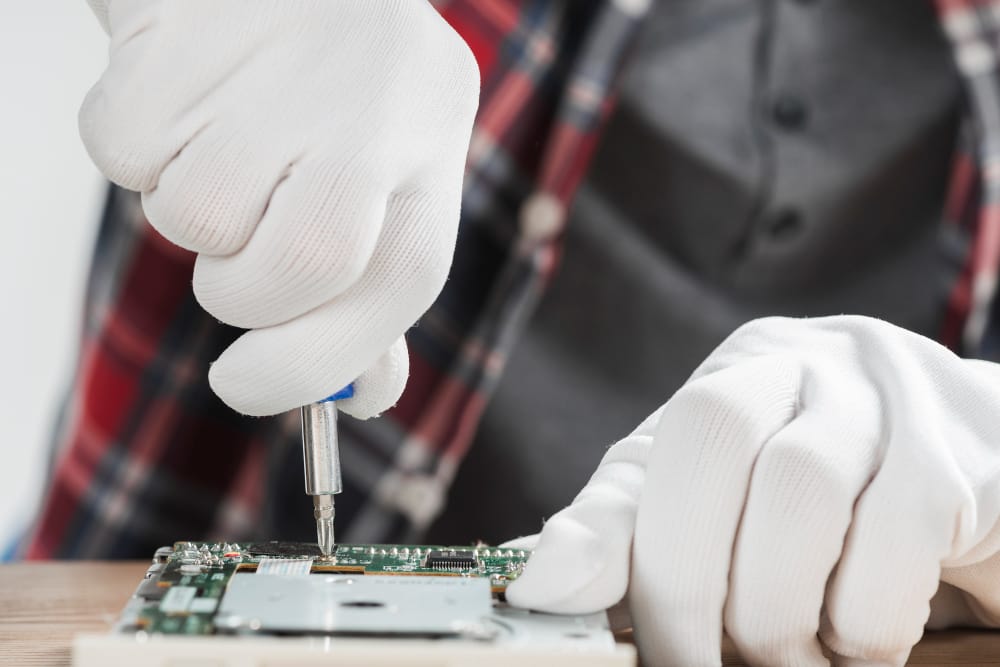
Lithium batteries are made up of many components, some of which can be dangerous if mishandled. Depending on the type and amount of spill, exposure to spilled material may result in a health risk. For example, the most common hazard is a thermal runaway, where heat builds up in a battery due to an internal short circuit or overcharging, causing it to expand rapidly and catch fire.
Other hazards include corrosion caused by leaking electrolytes and the release of toxic gases such as carbon monoxide into the air. If the leaked fluid contacts the skin or eyes, it could cause severe burns, especially when using high-energy batteries in laptop computers or power tools. Therefore, it is important to take precautions when handling a leaking Li-ion battery.
Everyone working with these types of batteries must wear protective gear like gloves and safety glasses when working around them. To further reduce risk, they should also ensure that all exposed wires and terminals are kept away from touching each other or any nearby metal objects.
Additionally, a monitoring system should be implemented so that any changes in temperature or voltage can be quickly identified before an event occurs. By taking these steps, individuals can help protect themselves from potentially dangerous situations associated with leaking lithium batteries.
Will Lithium-Ion Batteries Leak Gas?
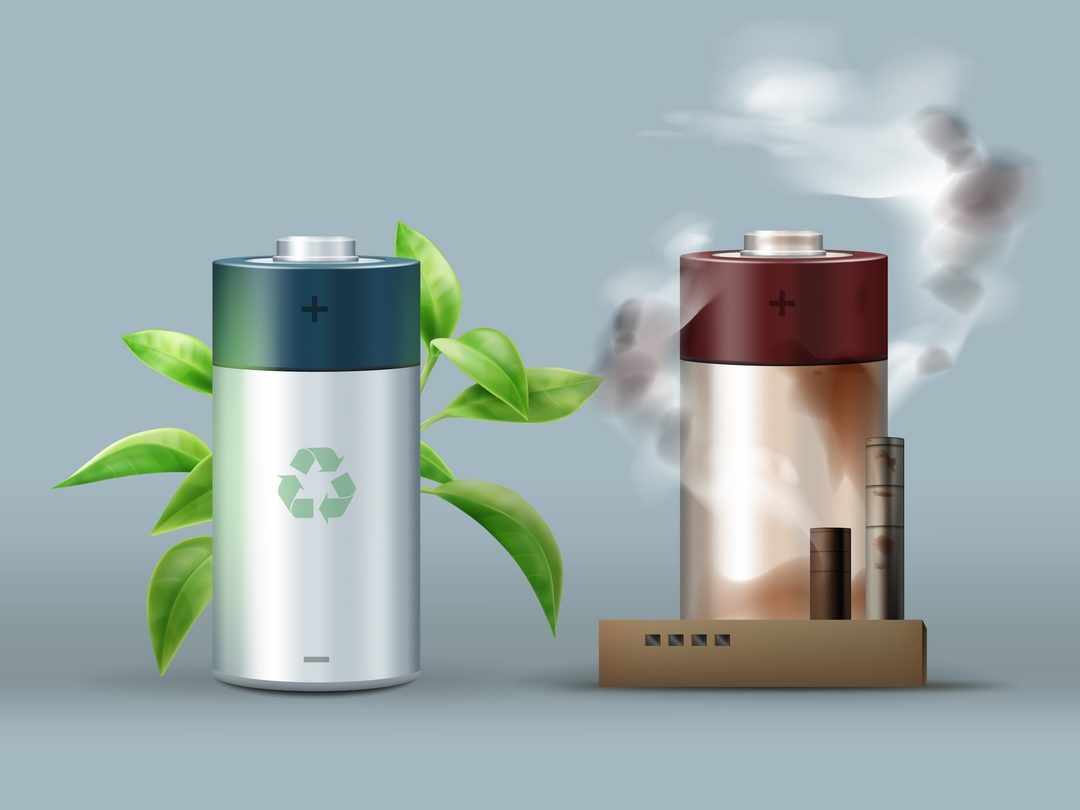
According to a recent study, the number of lithium-ion battery-related fires has increased by 10% in the past 3 years. As an expert in this field, it is important to understand how and why these fires occur.
One such risk involves the leakage of combustible gases from the cells. This occurs when the cell has been overcharged or discharged at too high a rate, causing oxygen molecules to be released which then mix with other organic compounds within the battery cell. If not properly vented out, these gases may ignite as pressure builds up inside of the cell.
To prevent accidents due to leaking gas from lithium-ion batteries, manufacturers must ensure proper design specifications are met and necessary safety measures are implemented during production and handling processes. Additionally, user instructions should be followed carefully so that the device is not overcharged or discharged beyond its rated capacity levels, ensuring maximum performance and longevity from your lithium-ion battery-powered products.
Measures For Human Body Encountering Battery Leakage

Lithium-ion batteries have the potential to leak hazardous substances if mishandled or damaged. Knowing what first aid measures to take when encountering a leaking battery is essential for protecting one's health and safety.
In cases of skin contact with leaked material, it is recommended that affected areas be washed immediately with soap and water. If any amount of leakage reaches the eyes, flush them thoroughly with clean running water then seek medical attention promptly. Inhaling gas from a lithium-ion battery can cause irritation in the respiratory system; therefore, avoiding inhalation of leaked gas should always be avoided whenever possible. If inhaled accidentally, move away from the source into fresh air as soon as possible. Seek medical help at once if any symptoms persist afterward.
It is important to remember that all incidents involving damage to a lithium-ion battery must be handled safely and responsibly according to local regulations before attempting any type of first aid measure. Taking proper precautions while handling such materials will ensure safe use and prevent injury or illness due to exposure.
Types Of Lithium Batteries That Are Prone To Leakage
It may be argued that all lithium ion batteries have the potential to leak, however, this is not necessarily true. The majority of commercially available lithium ion batteries are designed and manufactured with safety mechanisms built in that reduce their likelihood of leaking. Some types of lithium-ion batteries, however, can be more prone to leakage than others due to certain design characteristics or environmental conditions.
(1) Cylindrical cell
Another type of battery that may suffer from similar issues as mentioned above is a cylindrical cell such as the 18650 format commonly found in electric vehicles and laptops. These cells tend to be thicker-walled than LiPos but they too can experience swelling under extreme temperature fluctuations or overcharging events which could lead to failure. In addition, since these cells often contain pressurized materials within their casings any physical shock will increase the risk of failure due to gasket displacement or seal degradation thus allowing liquids inside the cell structure where they shouldn't be present.
In order to prevent failures like those mentioned here it is important for end users and system integrators alike to ensure correct handling procedures are used including paying close attention to proper storage temperatures and charging/discharging rates specified by manufacturers for each particular device or application being utilized.
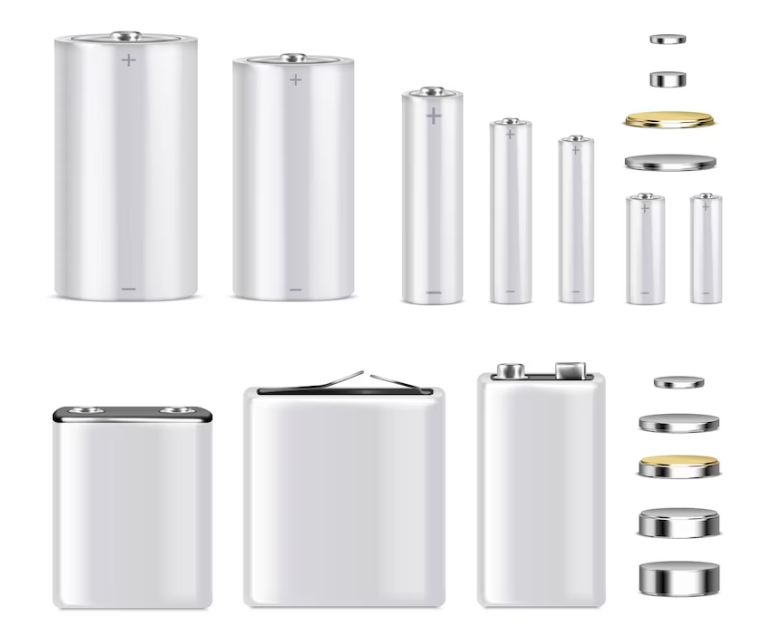
(2) LiPo (Lithium Polymer) battery
The most common type of battery known for its propensity towards spontaneous leakage is a LiPo (Lithium Polymer) battery. This type consists of several cells arranged into one large unit; it has become popular in many consumer devices due to its lightweight construction and flexibility when designing shapes.
Unfortunately, LiPo's thin walls make them vulnerable to mechanical damage which can cause an internal short circuit leading to potentially dangerous thermal runaway events resulting in gas emission and even fire. Additionally, if stored improperly or exposed to extreme temperatures these cells can swell up and ultimately rupture causing electrolyte leakage.
Choose the Best Lithium ion Battery
Introducing the HARVEYPOW Lithium Battery, the perfect solution for your home solar storage needs.
Our production process follows strict standards, combining human supervision and automated equipment to ensure that each battery meets the highest level of quality. Our clean and tidy workshop and layers of quality inspection and screening processes ensure that our batteries are of world-class quality.
As a top lithium battery manufacturer in China, we are confident in the reliability and durability of our products. That's why we back each battery with a warranty of up to 12-YEAR WARRANTY and a design life of up to 25 years. With our commitment to quality and longevity, you can trust our lithium batteries will provide the best value for your investment.
Experience the peace of mind that comes with a reliable, long-lasting, high-quality home solar energy storage batteries. Choose HARVEYPOW today and enjoy the benefits of clean, renewable energy for years to come.
More FAQs
(1) Will a leaking Li-ion battery still work?
A leaking lithium-ion battery is a serious issue that can cause damage to the device it powers and poses a safety risk. It may not work properly, or even at all, if it is leaking. Therefore, it is best to dispose of a leaking battery properly and replace it with a new one.
(2) Why do lithium-ion batteries leak when not in use?
Lithium-ion batteries can leak when not in use due to a phenomenon called "self-discharge." This occurs when the battery loses its charge over time and the lithium ions in the electrolyte react with other materials in the battery, leading to the formation of gas and pressure build-up. This can cause the battery to leak, and over time, the capacity and performance of the battery will be reduced.
(3) Will the rechargeable lithium ion battery leak?
Yes, a rechargeable lithium battery can leak, especially if it is damaged or has been subjected to extreme temperatures or physical stress. However, the risk of leakage is generally lower than that of non-rechargeable batteries, such as alkaline batteries.
(4) Which battery leaks the least?
Among common battery types, rechargeable lithium-ion batteries are known to leak the least. This is because they are sealed and use a solid electrolyte instead of a liquid one, which makes them less prone to leakage.
(5) Can I charge my lithium ion batteries with any power adapter?
No, you cannot charge a lithium battery with any power adapter. Lithium-ion batteries require a specific charging voltage and current, which can vary depending on the battery's chemistry and capacity. Using the wrong power adapter can damage the battery, reduce its lifespan, and even cause safety issues. It is important to use a charger that is specifically designed for your lithium-ion battery.
(6) How long can lithium ion batteries be stored?
The life cycle of lithium batteries can vary depending on factors such as temperature and humidity. Typically, lithium-ion batteries can be stored for up to 2-3 years with minimal loss of capacity if stored in a cool, dry place with a partial charge level (around 40-50%). However, it is best to use them as soon as possible for maximum performance and lifespan.
Learn More Top Questions About Lithium Batteries!
